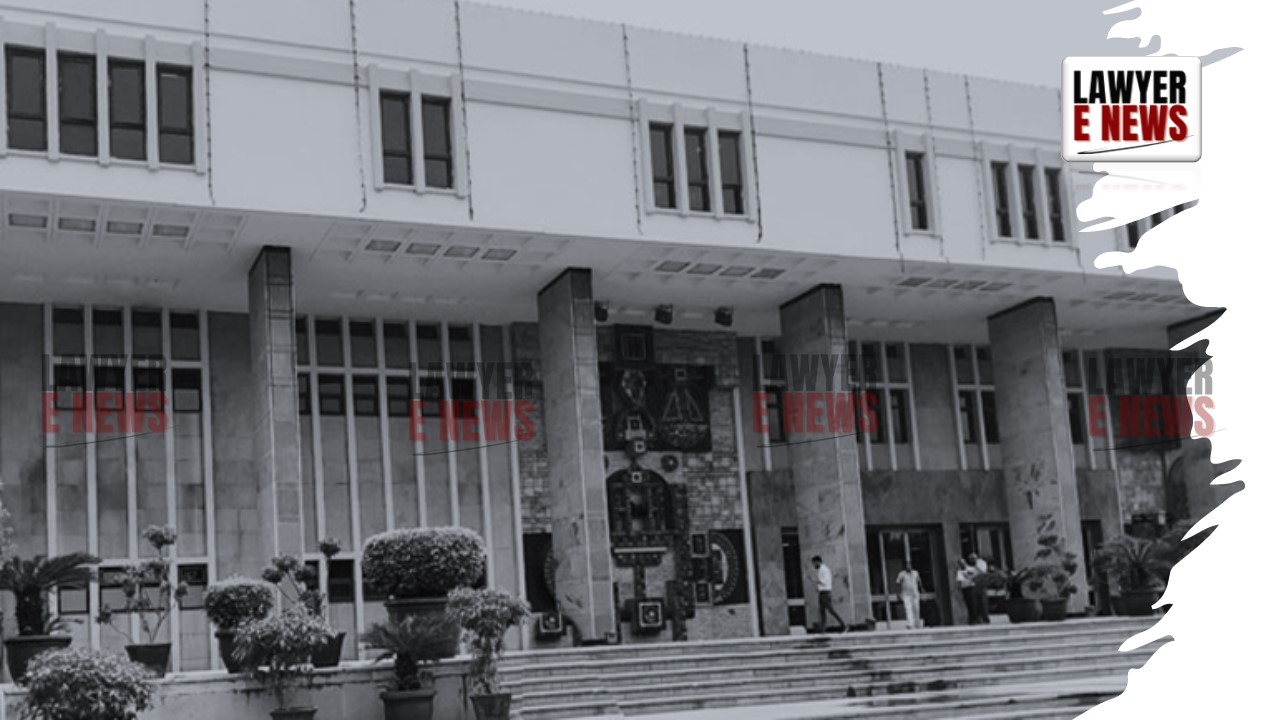-
by sayum
14 February 2026 2:22 PM



Delhi High Court upheld a Central Administrative Tribunal (CAT) decision ordering the Delhi Government to pay interest on delayed disbursement of leave encashment and Central Government Employees Group Insurance (CGEGI) benefits to a retired employee. Justices C. Hari Shankar and Dr. Sudhir Kumar Jain dismissed the writ petition from the Delhi Government challenging the Tribunal’s order, reaffirming that employees are entitled to interest on delayed payments even if there is no explicit statutory provision for such interest.
Anang Pal Singh, a retired government employee, had filed an original application (OA) before CAT in 2023 after his leave encashment and CGEGI benefits were withheld following his retirement in July 2022. Though his pension, gratuity, and pension commutation had been promptly disbursed, the leave encashment and CGEGI were delayed. During the OA proceedings, the Delhi Government released these benefits in December 2023, but Singh limited his claim to seeking interest for the delay.
The Delhi Government argued that interest should not apply as no statutory rule mandates it for leave encashment delays. However, Singh cited S.K. Dua v. State of Haryana (2008), where the Supreme Court ruled that delayed payment of retiral dues could entitle employees to interest under Articles 14, 19, and 21 of the Constitution, even without specific statutory rules.
CAT relied on this precedent, emphasizing that leave encashment is akin to property, protected under Articles 300A and 21 of the Constitution. The Tribunal noted that under Rule 39(3) of the Central Civil Services (Leave) Rules, 1972, withholding leave encashment is permissible only in cases involving disciplinary or criminal proceedings, which was not applicable in Singh’s case. CAT found the delay unjustified and ordered interest payment at General Provident Fund (GPF) rates.
The Delhi High Court found no fault in the Tribunal’s reasoning. It observed that:
No Disciplinary Proceedings Were Pending: Rule 39(3) did not justify withholding benefits since Singh was neither under investigation nor involved in disciplinary proceedings at retirement.
Interest on Delay: Drawing from the Supreme Court’s ruling in S.K. Dua, the court reiterated that the entitlement to interest flows from the principle of restitution, supporting employees' right to interest as compensation for delayed payments.
The High Court dismissed the Delhi Government's petition, affirming that employees could claim interest for delayed retiral dues as part of their rights under Articles 14, 19, and 21. Consequently, the Delhi Government was given four weeks to comply with the CAT order.
Date of Decision: November 7, 2024
